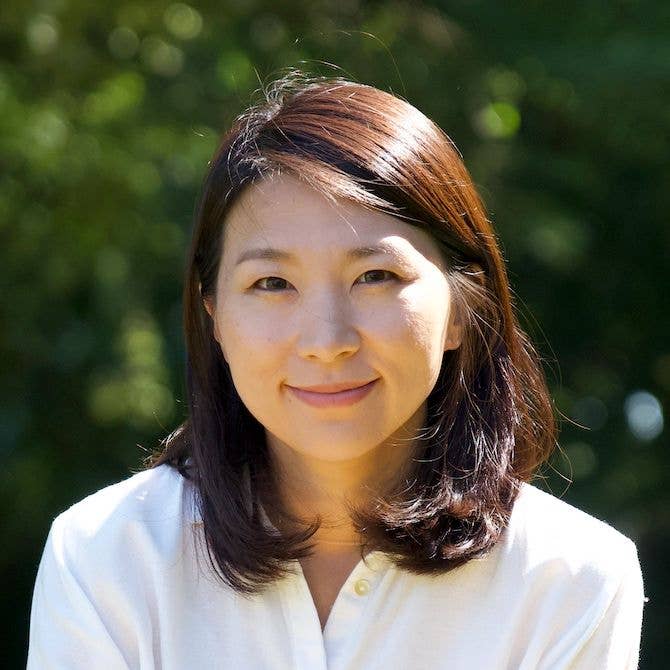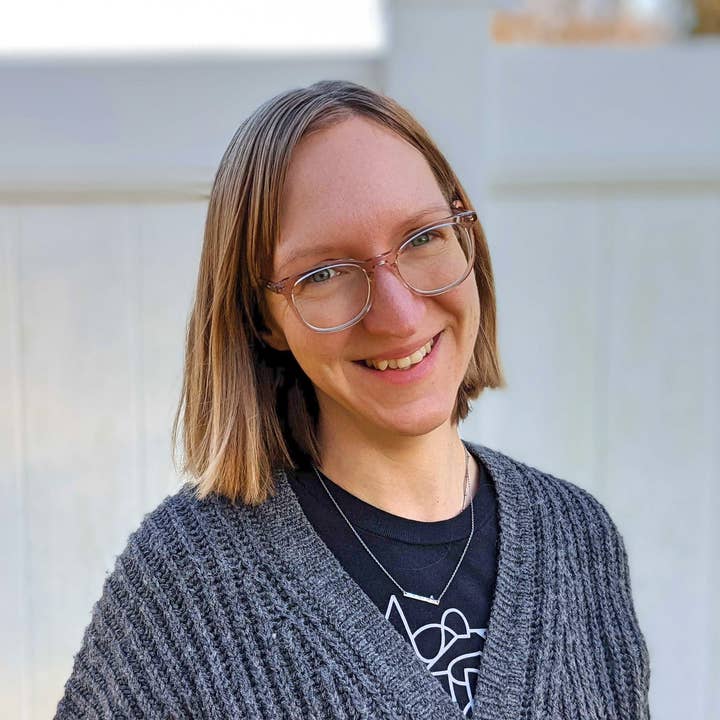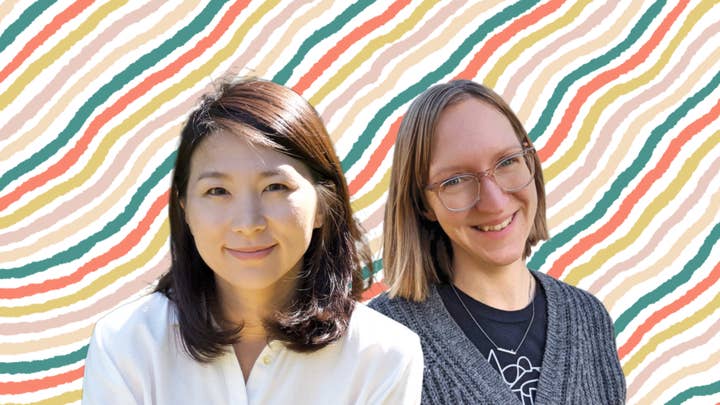Superbloom on evolving mobile games for women
Founders Emily Yim and Ksusha Zito discuss market stereotypes, and creating a space for working parents
The casual mobile market is flooded with hobbyist titles that are clumsily designed to appeal to a female audience, from suites of hypercasual fashion and makeover games to narrative-driven home design games.
Mobile veterans Emily Yim and Ksusha Zito have followed this market for a while, and have identified the need to create games aimed at women that tap into interests beyond the usual stereotypes, to craft deeper social experiences that more types of women can enjoy.
With a $3 million seed investment to build a team, Yim and Zito are poised to bring their own offering to the mobile market, with aims to create casual games that go beyond more traditional gender stereotypes.
Yim and Zito do not identify themselves as "gamers" by definition, but both play and appreciate casual mobile games and came together through a shared love of the genre. Yim tells us that she started out as a PC gamer, but her interests later pivoted to casual and mobile gaming, even more so after becoming a mum.

"It became kind of a lifeline because I couldn't really control my day," Superbloom CEO Yim tells GamesIndustry.biz. "My days were tied to the baby and it was a chaotic experience. Mobile and casual games became a source of control, productivity and joy."
After that, Yim started to pay closer attention to the types of games aimed solely at women, how they're portrayed in games and the narratives that follow them. She quickly noticed that that the vast majority of said games were puzzle and story games revolving around themes like fashion and home decoration, and became quickly disappointed by that.
"I started to expand this idea of a game studio built by women and making games for women, that are also kind of tied closely between the real life interests that women have," Yim says.
Yim recalls previous experiences of being the only woman in the room at some workplaces, and notes that it's not uncommon for other women to go through this.
"As I grew my career, I started to meet more women in leadership, and experience the power of more women in the team, so I wanted to really foster and create that culture and environment for making games for women," she adds.
After the initial observations, Yim then approached Zito, a seasoned mobile developer that has held engineering roles at Dots and The New York Times. Zito didn't take much convincing to get on board with Yim's vision of Superbloom, and was already considering her next step.
"Emily approached me already with such a bright story behind it," Superbloom CTO Zito says. "I was like, 'Yeah, let's do it' because I feel like it connected with me really well, especially since I was not really a gamer.

"Even though I've worked in the gaming industry, I'm the type of woman Emily's describing who doesn't call herself a gamer, but then can suck right into it if the content is interesting to me, so I felt really aligned with that."
Yim explains that Superbloom is aiming to tap into "the content niches that other people aren't really looking at," but didn't highlight any specific themes. However, one area she is keen to develop is the social aspect of casual games, and how they are often casual by nature of the game they're a part of.
"Social mechanics in casual and lifestyle games are often done in a shallow way to approach a casual audience," Yim says. "I just kind of interact with somebody behind a username. I don't know where they're from, I don't know who they are."
She compares this to more robust social experiences in other games like World of Warcraft, where you can engage in more meaningful gameplay and interactions.
"I started to think: why don't we have that for games that are specifically targeting women? The social gameplay and robustness of that social play is another category that we want to innovate and modernise the life of games with."
"It does take more effort and time to find a diverse group of people, but I have seen that once you do build it, it does pay off"
Emily Yim
While Superbloom's mission is to offer a more varied option for women, it's not aiming to create games so aimed at women that no one outside of the target audience can enjoy them.
"From my perspective, it's not really about saying 'Hey, as a woman, you should like this, so we're going to make games for you'," Yim says. "That's not really the vision, it's more of a focus [on] games with a female-first perspective rather than just making games for a general audience.
"I don't see that as dividing women into certain categories or putting them into the corner but more like we look at the audience and what they're doing, what they're interested in -- not necessarily in the games market but the content in other areas -- and then try to turn that into interesting and social gameplay."
As Yim and Zito look to build out Superbloom, creating a diverse workspace is of constant importance, especially as Yim notes, there is a lack of female engineers in the market.
"It does take more effort and time to find a diverse group of people," Yim says. "But I have seen that once you do build it, it does pay off because this diverse group of people are more likely to be open and inclusive to each other and cooperate and collaborate well, and ultimately, that's better for the team."
Zito adds that at past companies, she has always been passionate about trying to bring more women into engineering spaces, and seeing more women in senior roles.
"I remember being the only woman engineer in the team for a long time, being the only female manager, and so I try to be kind of continuously doing that," she says.
The pair are also working mothers, and are keen to create a space that can accommodate their professional lives as well as their lives as parents.
"What we realised, especially during the pandemic, is how harder it is to be professional," she adds.
"As we shape up the culture, we're trying to figure out why women often leave the tech environment or working environment when they become mothers, and how can create a culture that allows them to know what to do.
"I was on the verge, thinking: should I just leave and like focus more on my child? And so figuring out that balance has been also a passion of ours."
Yim adds that she initially saw becoming a mum as a bit of a handicap, and wondered if she could still maintain the levels of work needed.
"Before I became a mum I used to wonder if you can really be efficient or productive, but time is a resource you don't really have in hand at that point," Yim adds.
"But what I have learned personally is that once you do become a mum, you become more resilient, you go through a challenge you've never done before and become more flexible, and I think that makes people better to work with overall."

